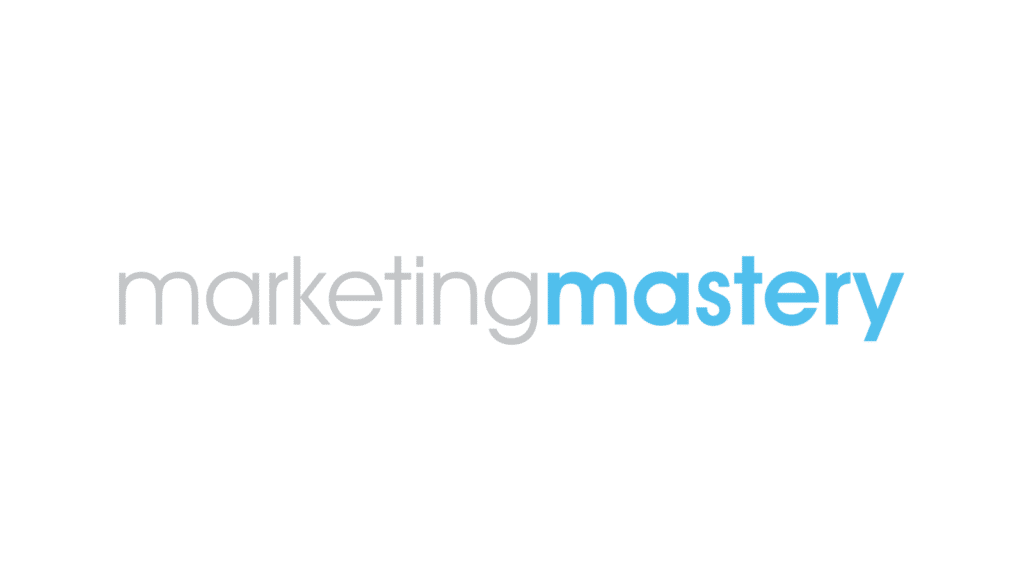You can get 80% of your plan by answering these questions.
I’ve led daylong plan workshops for business owners for 25 years. I give them a 90-page workbook with questions to guide their planning. But some owners who have small, uncomplicated businesses say, “This is way too much! Don’t you have something simpler that suits me better?”
So I boiled it all down to a page of questions. For many of you, writing a narrative of a couple of pages based on your answers to these questions may be enough planning to get you through the year.
If you use this, note the questions you don’t know the answers for. These will be the things that trip up your business. So a key part of your plan must be getting answers to these fuzzy questions. That’s what good coaches are for.
- What are you selling and to whom? What’s the benefit to them? Why do they work with you rather than with someone else? (Who are your preferred customers? What size transactions?)
- How much revenue do you want your business to bring in this year? (How much from what different sources? When will it come in during the year? Is this cash flow or accrual accounting?)
- What’s your strategy for bringing in this business?
- What is your paycheck to yourself this year? (Monthly)
- What marketing and selling must you do to generate this much business? (What parts of your marketing are working well? What parts aren’t? What needs to be replaced or updated?)
- How will the work get done? (Who besides you? What help do you need? What about work location? Equipment? Systems? Training? Working capital?)
- How do you need to change the way you run your business to get where you want to go? How will you make these changes?
- How will you allocate your work time? (Where will you focus your effort? What will you hand off to others, or do less of?)
- What’s your desired balance between business and the rest of your life? What gets in the way of this balance? What commitments, goals, and action items will you make to assure this?
- What is your spending plan? What expenditures must you watch most closely? What surplus do you need, and for what purposes? (Surplus = revenue — business expenses — your pay — taxes.)
- What could stop you from achieving your goals? What conflicts or choice points will you face? How will you tackle these challenges?
- What is your long-term outlook and goal for your business? What then? What are you doing this year to make progress toward this?
- What numbers will you track to gauge your progress toward your goals this year (including revenue and spending)? How will you review them? How often? With whom?
After these are answered, then it’s just filling in details.
You can get 80% of your plan by answering these questions.
I’ve led daylong plan workshops for business owners for 25 years. I give them a 90-page workbook with questions to guide their planning. But some owners who have small, uncomplicated businesses say, “This is way too much! Don’t you have something simpler that suits me better?”
So I boiled it all down to a page of questions. For many of you, writing a narrative of a couple of pages based on your answers to these questions may be enough planning to get you through the year.
If you use this, note the questions you don’t know the answers for. These will be the things that trip up your business. So a key part of your plan must be getting answers to these fuzzy questions. That’s what good coaches are for.
- What are you selling and to whom? What’s the benefit to them? Why do they work with you rather than with someone else? (Who are your preferred customers? What size transactions?)
- How much revenue do you want your business to bring in this year? (How much from what different sources? When will it come in during the year? Is this cash flow or accrual accounting?)
- What’s your strategy for bringing in this business?
- What is your paycheck to yourself this year? (Monthly)
- What marketing and selling must you do to generate this much business? (What parts of your marketing are working well? What parts aren’t? What needs to be replaced or updated?)
- How will the work get done? (Who besides you? What help do you need? What about work location? Equipment? Systems? Training? Working capital?)
- How do you need to change the way you run your business to get where you want to go? How will you make these changes?
- How will you allocate your work time? (Where will you focus your effort? What will you hand off to others, or do less of?)
- What’s your desired balance between business and the rest of your life? What gets in the way of this balance? What commitments, goals, and action items will you make to assure this?
- What is your spending plan? What expenditures must you watch most closely? What surplus do you need, and for what purposes? (Surplus = revenue — business expenses — your pay — taxes.)
- What could stop you from achieving your goals? What conflicts or choice points will you face? How will you tackle these challenges?
- What is your long-term outlook and goal for your business? What then? What are you doing this year to make progress toward this?
- What numbers will you track to gauge your progress toward your goals this year (including revenue and spending)? How will you review them? How often? With whom?
After these are answered, then it’s just filling in details.



